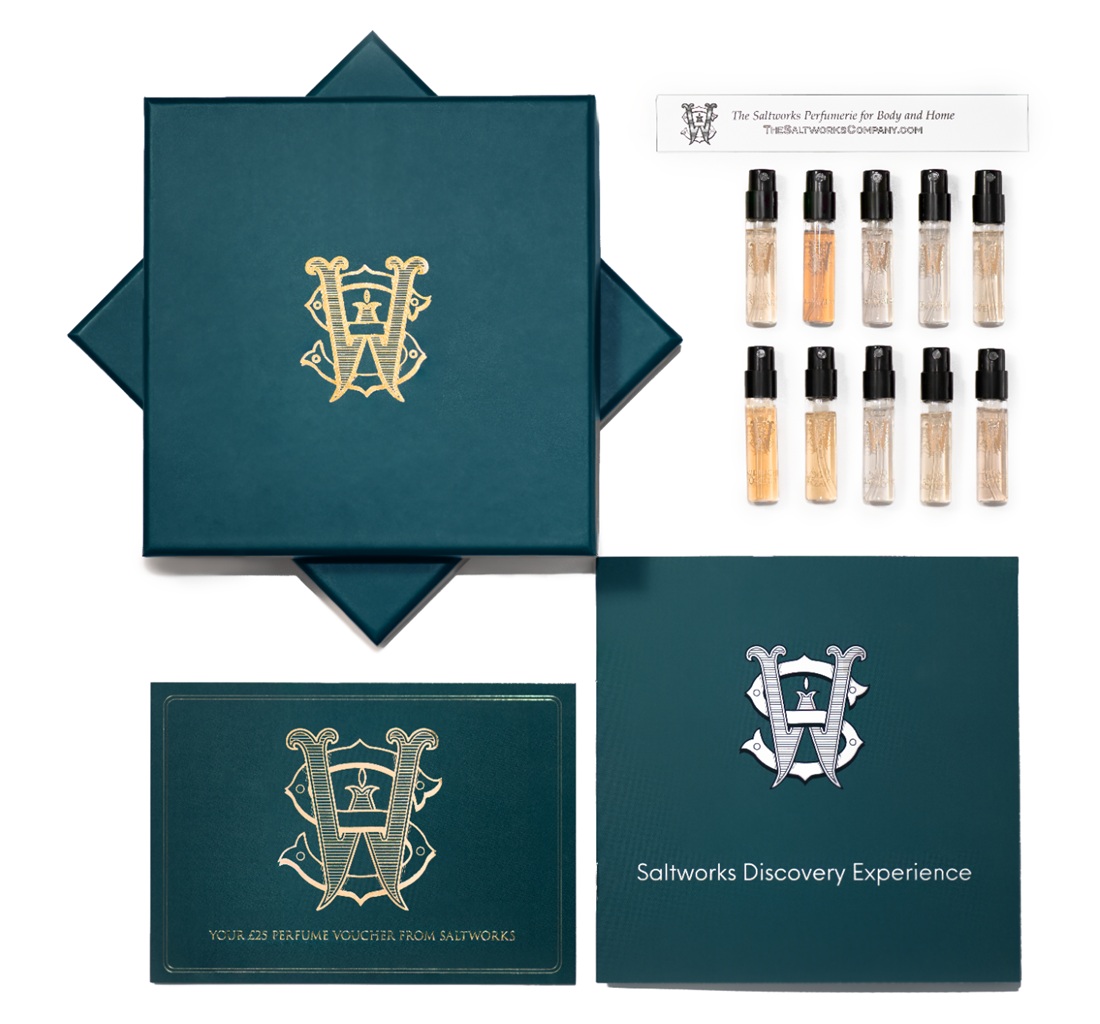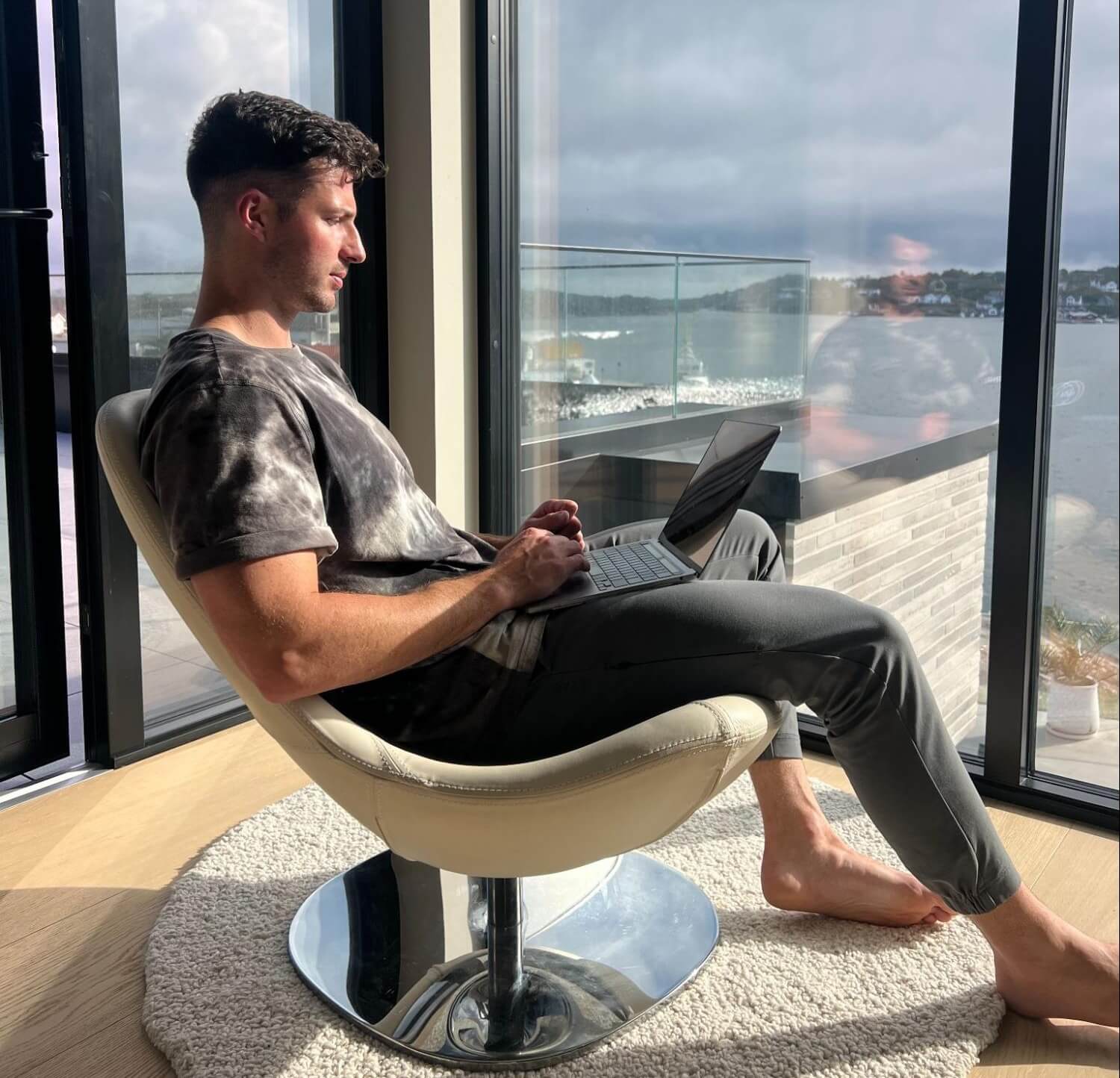Chase Norton Makes Waves In The Fight Against Water Scarcity Through His Sustainable Initiatives
 Photo Credit: Chase Norton
Photo Credit: Chase Norton
Written in partnership with DN News Desk
Virtually every industry in the world anticipates sweeping systemic transformation over the next decade in their strategic planning, production practices, and business models, according to the Sustainability Survey Poll on Water.
The global opinion poll, which released a survey of more than 1,200 sustainability experts in March, concludes that water shortages will shift public perception of the value of water, prompting governments and companies to view clean water not as a commodity to exploit but as a precious resource.
In 2007, Chase Norton came across a water crisis charitable foundation online based on the East Coast. Norton was deeply affected after learning about the worldwide water crisis and seeing pictures of the billions of people who do not have access to clean drinking water.
Growing up in a neighborhood of Newport Beach, drinking VOSS, Smart Water, Fiji and Acqua Panna was an everyday occurrence.
Norton wanted to create a premium, consumer goods brand of bottled water delivery service that, by its substantially higher price point, would help build wells for people in third world countries who do not have access to clean drinking water.
The water delivered is in fact described as “ultra-pure.” MEND water goes through a rigorous 11 hour, 13 step purification process. It is tested, retested and recorded each step of the way. Norton started MEND after quitting his job as a Series 7 Licensee Bond Broker for Finance 500.
The company is now delivering to all of Southern California and has a clientele that includes athletes, celebrities, high-profile executives, doctors, wellness centers, health-conscious families and more.
“Educate to change consumption and lifestyles,” says Norton.
In the end, changing the face of this crisis involves education to motivate new behaviors.
Coping with the coming era of water scarcity will require a major overhaul of all forms of consumption, from individual use to the supply chains of major corporations, like GE.
Some regions led by India, Australia and the Southwest U.S., are already facing the freshwater crisis. The most critical task is making sure the problem is much better understood worldwide.
“Invent new water conservation technologies,” says Norton.
In areas where aquifers are drying up and rainwater is increasingly unpredictable, innovation is needed. But as we attempt to cope with freshwater scarcity and develop conservation technologies, energy consumption is an important consideration.
“Recycle wastewater,” says Norton.
In March, World Water Day panelists urged a new mindset for wastewater treatment. Some countries, like Singapore, are trying to recycle to cut water imports and become more self-sufficient.
The rich East Asian republic is a leader in developing advanced technology that cleanses wastewater for other uses, including drinking.
“Improve irrigation and agricultural practices,” says Norton.
Some 70-percent of the world’s freshwater is used for agriculture. Improving irrigation can help close supply and demand gaps. In certain cases, profligate irrigation practices meant for an earlier era have weakened the ability of farmers to provide food and fiber to a growing world.
Examples include the Murray-Darling basin in Australia, Central Asia’s Aral Sea, and the American Southwest. Although new technology has become an appealing solution, global water experts like Peter Gleick note that in some cases, such as the agricultural systems in California, success stories can happen by improving what’s already in place.
“Appropriately price water,” says Norton.
Water pricing and rights go hand in hand, with consumers questioning the benefit of higher prices. According to experts from the Organization for Economic Co-operation and Development (OECD), an international economic forum of 31 of the world’s richest countries, raising prices will help lower waste and pollution.
But Circle of Blue’s May investigation into water pricing systems in major U.S. cities, show current utility pricing systems are obsolete, send the wrong signals, and need reform.
“Develop energy-efficient desalination plants,” says Norton.
To date, desalination has been an energy-intensive solution to water scarcity. Typically the Middle East has capitalized on its large energy reserves to build desalination plants.
But Saudi Arabia could be fostering a new kind of desalination with its recent announcement to use solar-powered plants. Britain has taken a different approach with small-scale facilities for agriculture. But these innovations bring to light another needed resource—the capital for technological experimentation.












